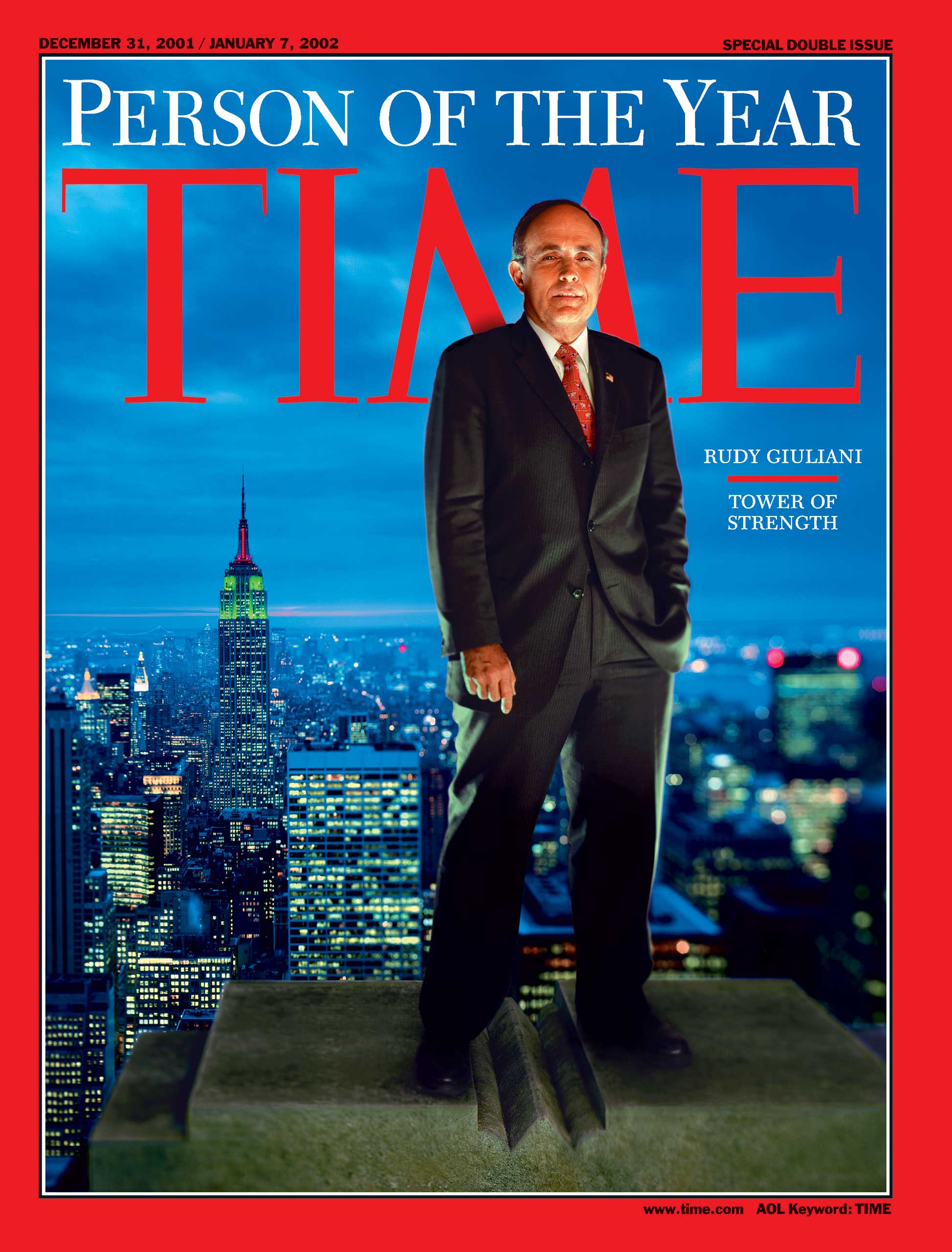
This past Sunday, Rudy Giuliani, currently serving as the president’s personal attorney, claimed “truth isn’t truth” during an interview with Chuck Todd on NBC. Todd’s reaction in the moment that “this is going to become a bad meme” of course became reality as Giuliani’s statement quickly made the social media rounds with mocking tones and perplexity.

We shouldn’t be surprised though. Shocked perhaps, but not surprised given the way many people talk everyday about truth in our age. Immediately before Giuliani said “truth isn’t truth,” he also told Todd, “It’s somebody’s version of the truth.” What Giuliani said here is actually a very common saying in American culture. As a pastor and a committed Christian, I can tell you I’ve heard plenty of people say some variation on the theme of “what is true for you is not true for me.”
The concept of truth has been dying a slow death for many years and has become more noticeable in the past decade or so. In the early 2000s, comedian Stephen Colbert picked up on the phenomenon by coining the term “truthiness,” which went on to become Merriam-Webster’s word of the year in 2006. Similarly, in 2016 in the wake of our presidential election, Brexit, and accusations across the political spectrum about “fake news,” Oxford Dictionaries named “post-truth” its word of the year. Shortly thereafter, commenting on the presidential inauguration, Kellyanne Conway famously spoke of “alternative facts.” In response, Time blazoned the question “Is Truth Dead?” on its April 3, 2017 cover.
Giuliani’s gaffe is therefore only the most recent public iteration in a long line of truth questioning that is deeply entrenched in our whole society. And while those on the liberal wing of politics currently sit on their social media high horses, let’s not forget Bill Clinton splitting hairs over the definition of “sexual relations” and existentially pondering what an attorney’s definition of “is” is back in 1998. Truthiness has cut both ways across the aisle in our post-truth age.
 This truth questioning all raises an obvious question: Is there such a thing as truth? If you say there can be no real truth, that there are different versions of the truth, and we can never know facts about anything, then Giuliani is speaking your language. Perhaps there are such things as truth, facts, and evidence though. I certainly hope so. Without them, our society as we know it would descend into chaos since our legal system, modern medicine, and pre-flight checklists would be meaningless.
This truth questioning all raises an obvious question: Is there such a thing as truth? If you say there can be no real truth, that there are different versions of the truth, and we can never know facts about anything, then Giuliani is speaking your language. Perhaps there are such things as truth, facts, and evidence though. I certainly hope so. Without them, our society as we know it would descend into chaos since our legal system, modern medicine, and pre-flight checklists would be meaningless.
Yet possibly the most important question Giuliani’s statement raises is this: Is there such a thing as truth when it comes to ultimate reality? For example, do all spiritual paths lead to the same God, as the popular saying goes? Is each religion just “somebody’s version of the truth”? Or does truth reside in the claims of one religion alone, making all others fake news?
At a legal deposition 2,000 years ago, Pontius Pilate who was the Roman governor of Judea asked the defendant named Jesus Christ, “So you are a king?” To which Jesus responded, “You say that I am a king. For this purpose I was born and for this purpose I have come into the world—to bear witness to the truth. Everyone who is of the truth listens to my voice.” After hearing this, Pilate quipped, “What is truth?”
Indeed, what is truth? Or, perhaps I should say, who?

COMMENTS
5 responses to “What Is Truth?”
Leave a Reply













It’s all truth if you don’t think about truth that much. Just listen to a “good preacher” who will tell you that God has already done everything for your salvation in Christ’s death and in your water baptism. Then ask that preacher if she is an universalist who always affirms clearly that Christ has already saved all sinners.
Then ask that preacher if God has some sinners that God has not effectually called. And what happens to those who never ever listen to a “good preacher”?
Good point Mark Mculley
what is important is not what is true but what people believe is true and what they are willing to do for that truth